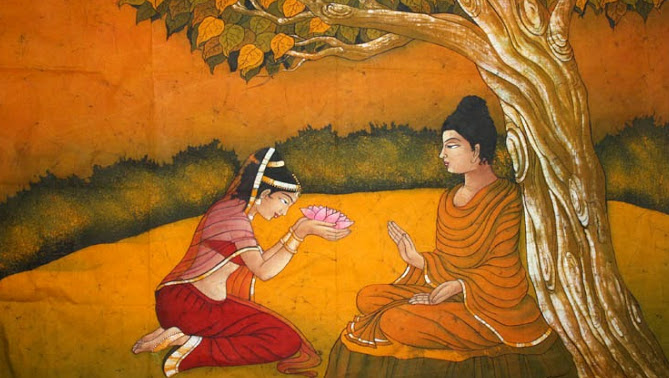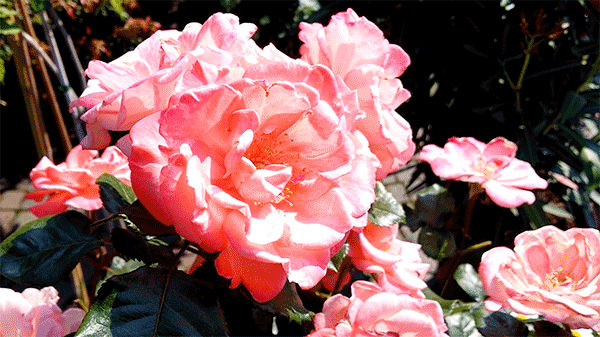Piyavagga: Affection
209. Giving himself to things to be shunned and not exerting where exertion is needed, a seeker after pleasures, having given up his true welfare, envies those intent upon theirs.
210. Seek no intimacy with the beloved and also not with the unloved, for not to see the beloved and to see the unloved, both are painful.
211. Therefore hold nothing dear, for separation from the dear is painful. There are no bonds for those who have nothing beloved or unloved.
212. From endearment springs grief, from endearment springs fear. For one who is wholly free from endearment there is no grief, whence then fear?
213. From affection springs grief, from affection springs fear. For one who is wholly free from affection there is no grief, whence then fear?
214. From attachment springs grief, from attachment springs fear. For one who is wholly free from attachment there is no grief, whence then fear? Continue reading
















